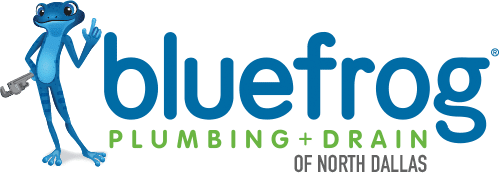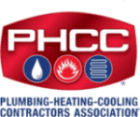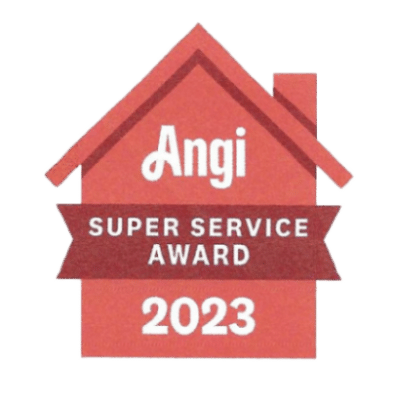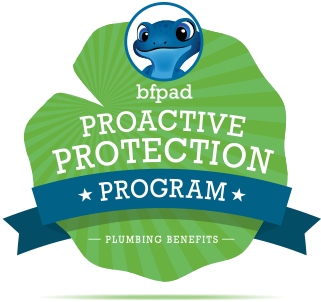
How to Prevent Clogged Pipes in Cooler Weather
Winter brings unique challenges for your home’s plumbing, with cooler weather increasing the risk of clogged pipes and costly disruptions. Without proper care, even minor blockages can escalate into significant damage, leaving you with unnecessary stress and expenses. Preventing these issues begins with proactive maintenance and expert advice.
At bluefrog Plumbing + Drain of North Dallas, we understand the seasonal needs of Frisco, TX homeowners. Our dedicated team offers specialized services to ensure your plumbing stays clear and functional all winter long. Do not let cooler weather catch you off guard—let us help protect your home.
How Cooler Weather Impacts Your Plumbing System
Cooler weather poses serious risks to your plumbing system, turning small issues into major, costly disasters if ignored. As temperatures drop, exposed or poorly insulated pipes face the threat of freezing. When water freezes, it expands, placing intense pressure on the pipes, which can cause them to crack or burst. The result? Extensive water damage, expensive repairs, and disrupted home life during the most inconvenient time of year.
But freezing is not the only issue. Cold temperatures also cause grease, oils, and food particles in your drains to solidify much faster. These substances accumulate over time, narrowing your pipes and eventually leading to clogged pipes that can completely block water flow. Once a drain is clogged, it often requires professional intervention to restore normal function.
The constant freeze-thaw cycle during winter adds another layer of stress. Pipes expand when frozen and contract as they thaw, weakening joints and connections. This cycle can worsen small leaks or undetected vulnerabilities, turning a minor issue into an emergency plumbing failure.
The good news is that these problems are preventable. Insulating pipes, properly disposing of grease, and scheduling regular plumbing maintenance can keep your system in top shape. By preparing for winter’s challenges, you can protect your home and avoid unnecessary stress.
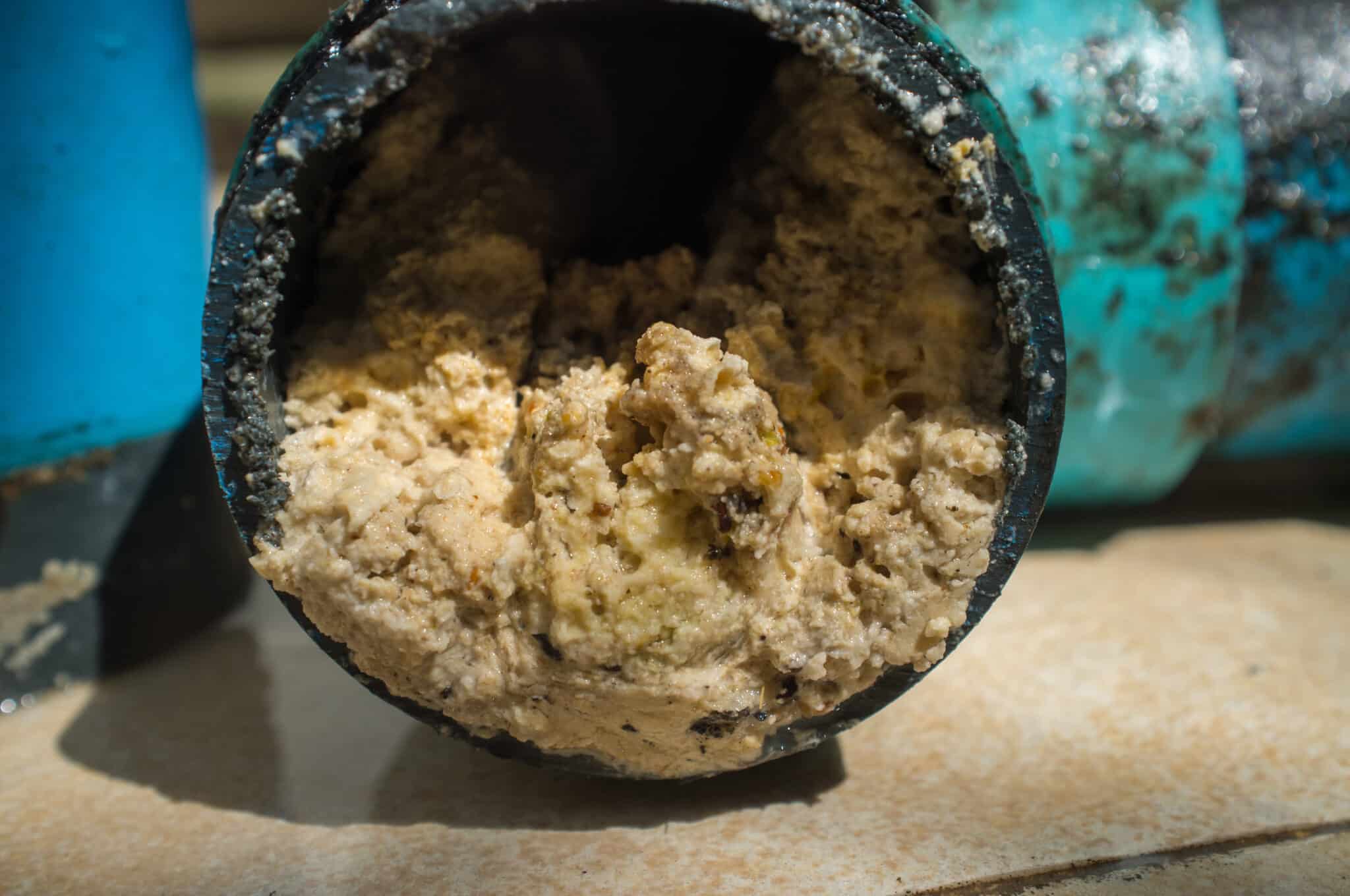
Common Causes of Clogged Pipes in Winter
Winter weather creates the perfect storm for plumbing problems, with clogged pipes becoming one of the most common issues for homeowners. The combination of colder temperatures, holiday activities, and seasonal habits significantly increases the risk of blockages. Understanding these causes can help you take action to prevent them.
-
Grease and Fats Solidifying in Pipes
Cooking during the winter months, especially for holiday feasts, often leads to more grease and fats going down the drain. When exposed to cold temperatures, these substances harden inside your pipes, creating stubborn blockages. Over time, this buildup narrows the flow of water and traps other debris, making the clog even worse.
-
Sediment Buildup from Heating System Use
Winter means heavier use of heating systems like water heaters and boilers. These systems often lead to an increased release of sediment, such as minerals and debris, into your pipes. This sediment can settle and accumulate in drains, restricting water flow and increasing the likelihood of a clog.
-
Foreign Objects Introduced During the Holidays
The holiday season brings guests, increased cooking, and busier kitchens, which can overwhelm your plumbing system. Items like food scraps, paper towels, and even non-flushable wipes often end up in drains where they do not belong. These foreign objects combine with grease or sediment, forming blockages that require professional intervention.
Recognizing these common causes of clogged pipes during winter can save you from costly repairs. Taking simple precautions, like properly disposing of cooking grease, avoiding flushing non-degradable items, and scheduling regular maintenance, ensures your plumbing stays clear and reliable throughout the colder months.
Preventive Measures to Avoid Clogged Pipes
Clogged pipes are not just a winter nuisance; they are an avoidable disaster with the right preventive measures. Taking proactive steps now can protect your plumbing system from costly repairs and ensure your home remains functional and stress-free throughout the colder months.
Dispose of Grease and Food Particles Correctly
Grease and food particles are two of the biggest culprits behind clogged pipes in winter. When grease cools, it hardens and sticks to the walls of your pipes, creating blockages that trap other debris. Similarly, food particles that slip down the drain can accumulate and form stubborn clogs. Instead of rinsing grease and scraps into the sink, let grease solidify in a container and throw it in the trash. Use drain strainers to catch food particles and prevent them from entering your plumbing system.
Schedule Regular Maintenance Before Winter Hits
Routine plumbing maintenance is an essential step in preventing clogged pipes. Before temperatures drop, have a professional plumber inspect your system for potential problems, such as small blockages, leaks, or worn-out pipes. A thorough check-up ensures your plumbing is in top condition to handle the challenges of winter. Additionally, professional drain cleaning can remove buildup and improve water flow, reducing the risk of clogs.
Insulate Pipes to Prevent Freezing and Blockages
Freezing pipes are a leading cause of winter plumbing issues. When water freezes inside a pipe, it expands, putting intense pressure on the pipe walls and increasing the risk of bursts or cracks. Insulating pipes in vulnerable areas, such as attics, basements, or crawl spaces, helps maintain a stable temperature. This simple step prevents freezing, ensures uninterrupted water flow, and reduces the likelihood of blockages caused by ice buildup.
By incorporating these preventive measures into your routine, you can significantly reduce the risk of clogged pipes. Protecting your plumbing system during winter not only saves money but also ensures peace of mind, so you can focus on enjoying the season without unexpected plumbing issues.
The Role of Professional Plumbing Services
Clogged pipes are one of the most common winter plumbing problems, and addressing them requires more than just quick fixes. Professional plumbing services are essential to prevent blockages, protect your home, and keep your plumbing system running efficiently during the colder months. Here is why routine professional care matters.
Routine Inspections Protect Your Plumbing System
Scheduling routine plumbing inspections is one of the most effective ways to prevent clogged pipes and other plumbing issues. Professionals have the training and tools to identify early signs of trouble, such as sediment buildup, minor leaks, or poorly insulated pipes, that can worsen in cold weather. A thorough inspection ensures your system is ready to handle the additional strain winter brings.
Professional plumbers also provide deep-cleaning services for your pipes, removing grease, debris, and other buildup that might cause blockages. This not only improves water flow but also prevents clogs from forming in the first place, giving you peace of mind throughout the season.
Expertise You Can Trust with bluefrog Plumbing + Drain of North Dallas
For residents in Frisco, TX, bluefrog Plumbing + Drain of North Dallas offers tailored plumbing solutions designed to combat winter-specific challenges. Our expert team inspects your plumbing system, clears buildup, and reinforces vulnerable areas like exposed or poorly insulated pipes. We ensure your home is protected against the risks of freezing temperatures and the costly repairs that come with burst pipes or severe clogs.
Unlike generic solutions, our services are designed with your home’s unique needs in mind. We prioritize prevention and efficiency, so you are never caught off guard by clogged pipes or other plumbing emergencies. By choosing bluefrog Plumbing, you can enjoy a worry-free winter and the confidence of having professionals on your side.
Signs Indicating Potential Pipe Blockages
Identifying the early signs of potential pipe blockages can save you from the inconvenience and expense of severe plumbing issues. Winter only increases the risk of clogged pipes, making it essential to pay attention to warning signals that your plumbing system might be struggling. Here are the most common signs to watch for:
-
Slow-draining sinks and Bathtubs
One of the earliest indicators of a pipe blockage is water that drains more slowly than usual. This could mean that grease, food particles, or other debris have accumulated in your pipes, narrowing the passage and restricting water flow. During winter, grease from holiday cooking hardens faster in cooler temperatures, making slow drains a common seasonal issue.
-
Unpleasant Odors from Drains
It is a strong sign of a blockage forming if you notice foul odors from your sinks, bathtubs, or shower drains. Trapped debris like food particles, grease, or hair can begin to decompose inside the pipes, producing unpleasant smells. In colder weather, this buildup can worsen, as solidified grease combines with other debris to create stubborn clogs.
-
Gurgling Sounds in Plumbing Systems
Strange gurgling noises when water flows through your pipes are another telltale sign of a blockage. These sounds occur when air gets trapped by an obstruction and struggles to escape. The more significant the blockage, the louder and more frequent the gurgling. Left unaddressed, this can escalate to a complete blockage, potentially causing backups.
Recognizing these warning signs early can help you avoid severe plumbing issues, such as complete clogs or even pipe damage. If you notice any of these symptoms, it is crucial to contact a professional plumber immediately to assess and resolve the problem.
Immediate Steps to Take When Noticing a Clog
A clogged pipe is more than a minor inconvenience—it is a signal to act quickly to prevent a minor issue from escalating. By responding with the right steps, you can protect your home and avoid expensive repairs. Here is what to do if you suspect a clog in your plumbing system:
Avoid Chemical Drain Cleaners
Resist the urge to use chemical drain cleaners to clear the blockage. While these products promise fast results, they can cause significant damage to your plumbing. The harsh chemicals corrode pipes over time, especially older or metal ones, weakening your system. Moreover, they often push clogs deeper, making professional removal more challenging. A better solution is to rely on experts who use specialized tools designed to clear clogs safely.
Contact a Professional Plumber Immediately
The safest and most effective way to address clogged pipes is to call a professional plumber as soon as possible. They can accurately assess the cause and severity of the blockage and use advanced techniques to remove it without harming your plumbing system. Professional plumbers also ensure that no underlying issues, such as pipe damage or recurring buildup, are left unresolved.
Minimize Water Usage to Prevent Overflow
While waiting for professional help, reduce water usage to prevent the clog from causing an overflow. Avoid running appliances like dishwashers or washing machines, and limit the use of sinks and toilets connected to the affected area. This precaution helps contain the problem and minimizes potential water damage.
Taking these immediate steps ensures the issue is handled efficiently and prevents further complications. Acting swiftly and relying on professional services will save you time, money, and stress, keeping your plumbing system running smoothly.
The Impact of Neglecting Clogged Pipes
Clogged pipes may start as a small inconvenience, but neglecting them can lead to severe consequences that affect your home, health, and finances. Understanding the risks can motivate you to address blockages promptly and avoid unnecessary complications.
Pipe Bursts and Extensive Water Damage
Ignoring clogged pipes increases pressure in your plumbing system. As water struggles to move past the obstruction, it builds up, creating stress on the pipe walls. This pressure is especially dangerous in winter, when freezing temperatures already weaken pipes. Over time, the stress can cause cracks or even complete pipe bursts, resulting in significant water damage to your property. Flooded floors, ruined walls, and damaged belongings are just the beginning of the potential costs.
Escalating Repair Costs
What begins as a small blockage can grow into a major plumbing failure if left unaddressed. Clogs can lead to corrosion, leaks, or even damage to your home’s foundation. The longer the issue persists, the more complex and costly the repairs become. Timely intervention saves money and protects your plumbing system from permanent damage.
Health Risks from Mold and Mildew
Clogged pipes often result in standing water, which creates the perfect environment for mold and mildew growth. These fungi can spread rapidly, releasing spores into your home’s air. This poses serious health risks, especially for individuals with allergies, asthma, or other respiratory issues. Left unchecked, mold can cause persistent health problems and require costly remediation to eliminate.
Neglecting clogged pipes creates a chain reaction of problems that become harder—and more expensive—to resolve over time. Taking immediate action to address blockages protects your home and ensures a safe, healthy environment for you and your family.
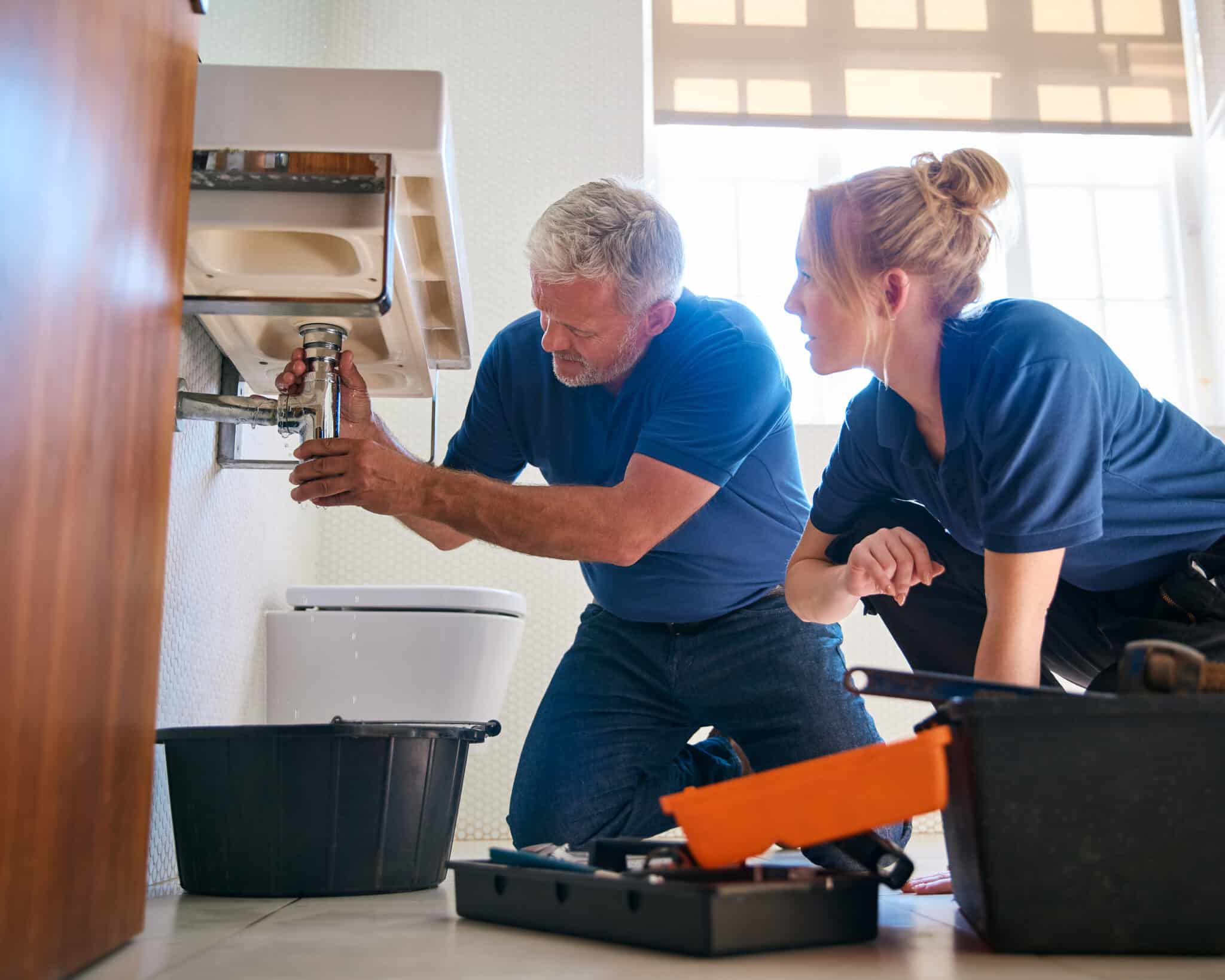
Seasonal Tips for Maintaining Clear Pipes
Winter months can be tough on your plumbing system, with cold temperatures increasing the risk of clogged pipes and potential damage. Adopting a few seasonal strategies can keep your plumbing efficient and protect your home from costly repairs.
-
Schedule Preventive Plumbing Maintenance
Before temperatures plummet, schedule a professional plumbing inspection. Experts can identify early signs of buildup, leaks, or vulnerable pipes. A professional cleaning removes grease and debris, ensuring your system is prepared to handle the additional strain of colder weather.
-
Insulate Pipes in Vulnerable Areas
Exposed pipes in unheated spaces like basements, attics, or garages are especially prone to freezing. Use pipe insulation or heat tape to maintain a steady temperature. Insulating your pipes prevents ice blockages that can restrict water flow or cause pipe bursts.
-
Manage Holiday Kitchen Use Wisely
Holiday cooking increases the likelihood of grease and food waste entering your drains. Avoid pouring fats, oils, or cooking grease down the sink, as they solidify in cold pipes and lead to clogs. Dispose of grease in a sealed container and use drain strainers to catch food particles before they cause trouble.
-
Maintain Warm Indoor Temperatures
Keep your home’s thermostat at a consistent temperature, even if you are away. Allowing warm air to circulate around pipes, especially under sinks or in colder rooms, reduces the risk of freezing. During extreme cold, leave faucets dripping slightly to keep water flowing and prevent freeze-ups.
-
Stay Vigilant for Early Signs of Clogs
Slow drains, odors, or gurgling sounds can signal clogged pipes. Address these issues promptly to prevent blockages from worsening during winter.
These seasonal tips help safeguard your plumbing system, reduce the risk of clogged pipes, and ensure smooth water flow through the colder months.
Frequently Asked Questions (FAQ)
-
How often should I have my pipes inspected?
Annual plumbing inspections are crucial for maintaining your system’s efficiency and preventing issues like clogged pipes. A professional inspection can identify buildup, leaks, or weak spots that may worsen in colder months. Scheduling an inspection before winter ensures your system is equipped to handle the season’s challenges.
-
What are the best practices for disposing of cooking grease?
Improper disposal of cooking grease is a leading cause of clogged pipes. Grease hardens as it cools, sticking to pipe walls and trapping debris. To avoid blockages, let grease cool in a container and dispose of it in the trash. Using strainers in your sink can also catch food particles, further reducing the risk of clogs.
-
Can hot water clear minor clogs?
While hot water may temporarily alleviate minor clogs caused by grease or soap buildup, it is not a reliable solution for clogged pipes. Persistent blockages often indicate deeper issues that require professional attention. Addressing these promptly ensures your plumbing system remains efficient and prevents further damage.
-
How does pipe insulation help during winter?
Pipe insulation protects against freezing, which is a common cause of clogged pipes in winter. Insulation maintains a stable temperature, preventing ice from forming and restricting water flow. It also helps reduce pressure buildup that could lead to pipe bursts, ensuring your plumbing remains functional in colder weather.
-
What should I do if I suspect a pipe is frozen?
If you suspect a frozen pipe, immediately turn off the water supply to prevent bursts. Open a faucet near the affected area to relieve pressure and contact a professional plumber. They can safely thaw the pipe while checking for potential damage, preventing further issues like clogged pipes caused by debris buildup or ice.
Do not let clogged pipes disrupt your home this winter. Trust bluefrog Plumbing + Drain of North Dallas for expert care. Contact us today!

